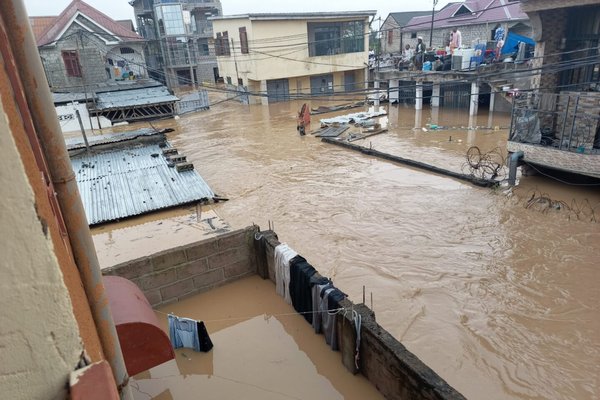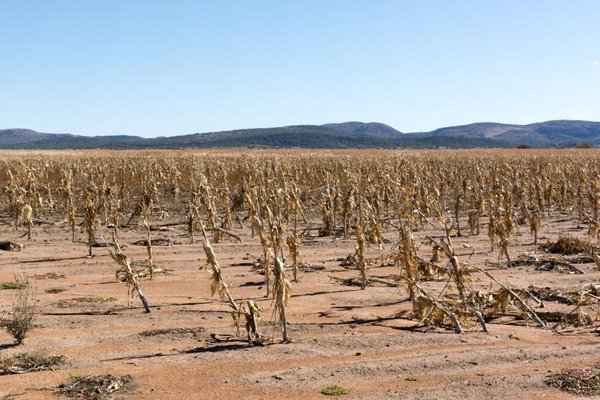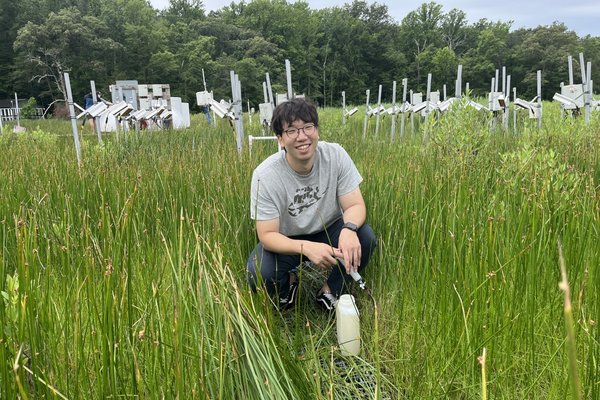Federal Judge Orders Florida to Act on Pollution Crisis Behind Manatee Deaths
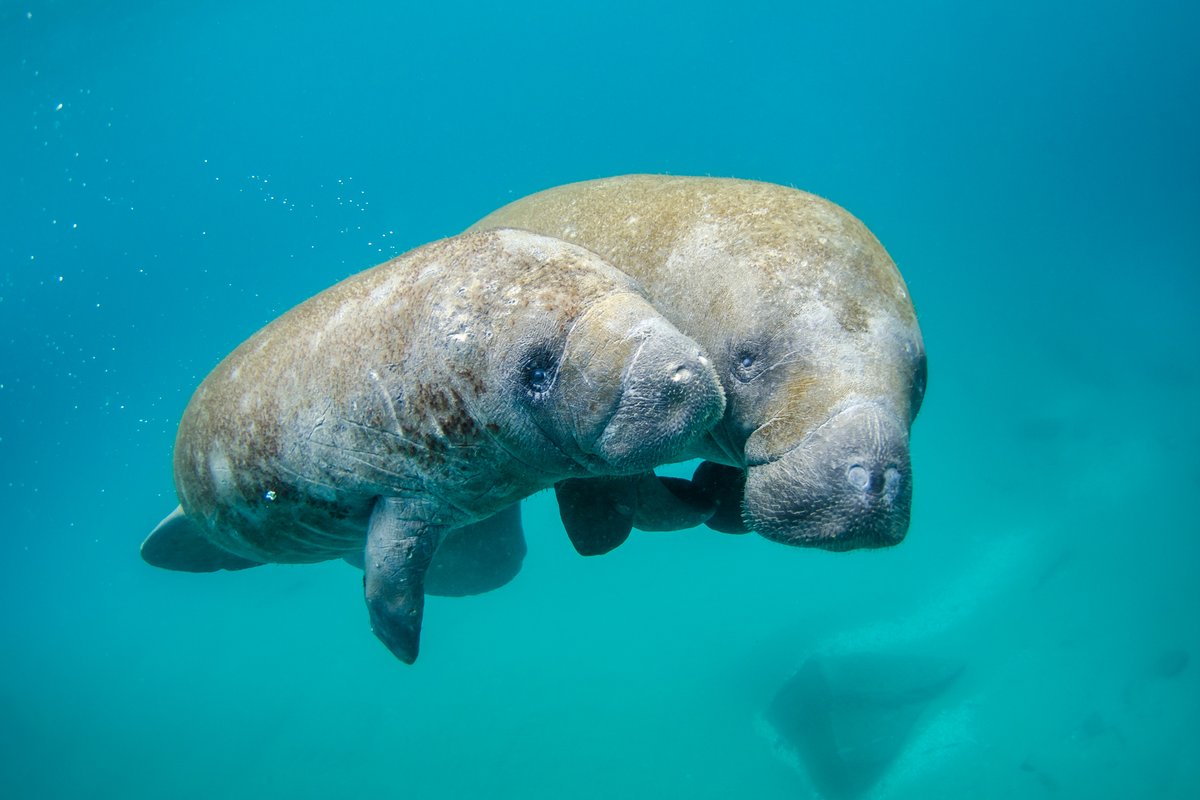
Florida has been ordered by a federal judge to confront the chronic pollution in the Indian River Lagoon after years of environmental deterioration contributed to record-breaking manatee deaths.
District Judge Carlos Mendoza found a direct link between the Florida Department of Environmental Protection’s (FDEP) inadequate wastewater regulations and the loss of more than 1,000 manatees in 2021 alone, ruling that the state is out of compliance with the Endangered Species Act.
The court decision mandates that FDEP must obtain a federal incidental take permit, which is required when activities may unintentionally harm or kill protected species. Conservation groups, whose lawsuit spurred the ruling, argue that the ongoing discharges of nutrient-laden wastewater—stemming from both treatment plants and septic systems—are directly responsible for nutrient pollution that caused massive seagrass die-offs. Without seagrass, manatees have starved, with nearly 2,000 deaths recorded in just two years.
Judge Mendoza described the northern Indian River Lagoon, especially in Brevard County, as being in a highly deteriorated state, cautioning that even with intervention, recovery will take at least a decade due to the persistence of legacy pollutants. These nutrients have fueled repeated harmful algal blooms, preventing seagrass from regrowing and threatening continued manatee fatalities.
The court’s ruling underscored the urgency for Florida authorities to develop a comprehensive pollution-reduction plan, warning that unless nutrient levels are brought under control, both seagrass recovery and the manatee population remain at risk.
Recent Environment Articles
Kinshasa Faces Deadly Floods Every Two Years as Climate Intensifies Rainfall
A new study finds Kinshasa could now experience deadly flooding from extreme rainfall every two years due to intensified climate …
Climate Disaster in Kinshasa: Deadly Floods Now Expected Every Two Years
Scientists warn that Kinshasa's recent deadly floods that killed 33 people could become a biennial occurrence due to climate change, …
Severe Drought Crisis in Africa Deepens, Threatening Widespread Hunger and Food Shortages
Severe drought is intensifying across Africa, causing catastrophic crop failures and hunger as millions face worsening food insecurity and relief …
Hotter Temperatures Threaten Wetlands' Methane Controls
As global temperatures rise, wetlands are emitting more methane because methane-consuming microbes cannot keep up with the pace of methane …
Trump Accelerates Deep-Sea Mining, Igniting Global Debate over Environment and Law
President Trump’s new order fast-tracks deep-sea mining for critical minerals, raising concerns about environmental damage and international legal disputes.
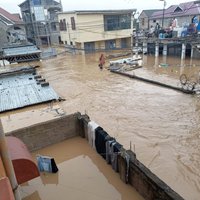
Kinshasa Faces Deadly Floods Every Two Years as Climate Intensifies Rainfall
A new study finds Kinshasa could now experience deadly flooding from extreme rainfall every two …

Climate Disaster in Kinshasa: Deadly Floods Now Expected Every Two Years
Scientists warn that Kinshasa's recent deadly floods that killed 33 people could become a biennial …
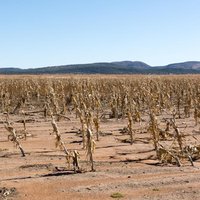
Severe Drought Crisis in Africa Deepens, Threatening Widespread Hunger and Food Shortages
Severe drought is intensifying across Africa, causing catastrophic crop failures and hunger as millions face …
